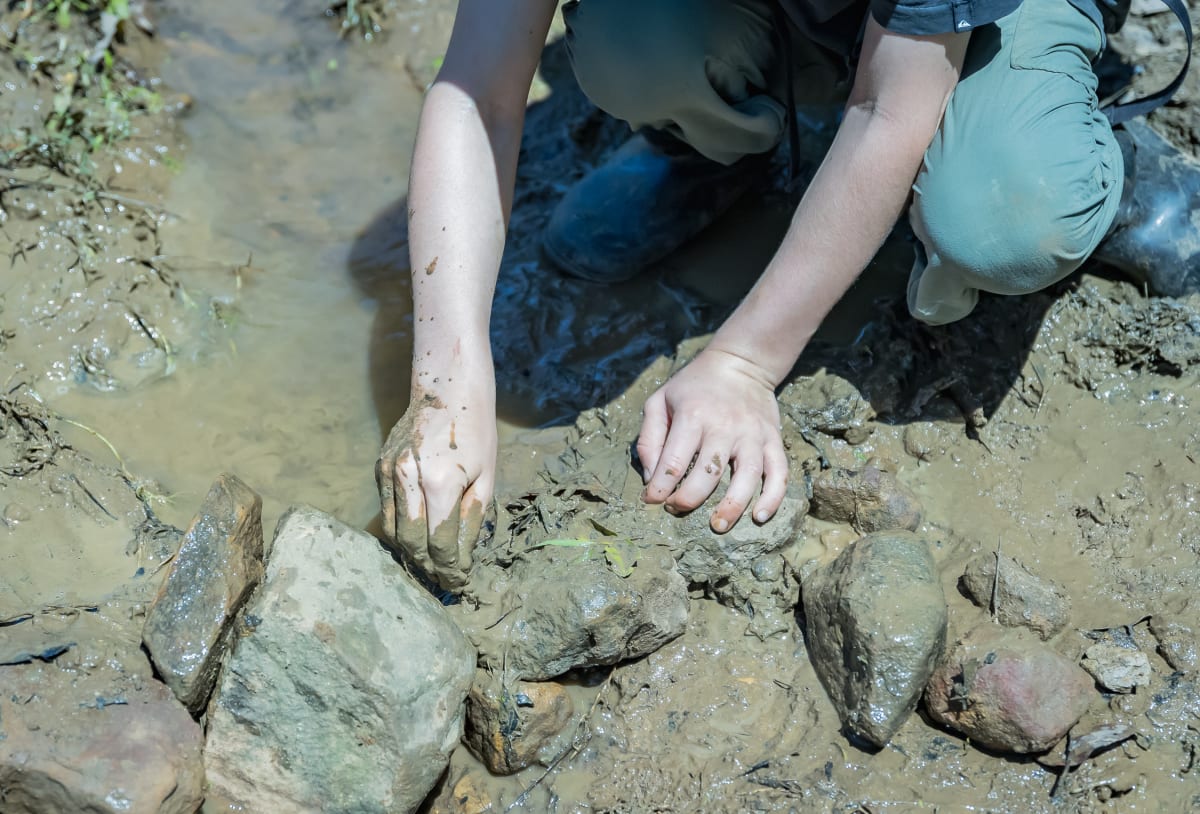'School is not for everyone' – director of Bush Magic Adventure Therapy
For most parents, sending their children to school is a given, something that all children do and a part of life so natural that they never question whether there is another way. And for most kids, school is fine and contributes to the child’s...

For most parents, sending their children to school is a given, something that all children do and a part of life so natural that they never question whether there is another way. And for most kids, school is fine and contributes to the child’s wellbeing as they learn social skills and other non-academic life lessons alongside their peer group.
But what if your child is different? What if your child just doesn’t fit in or struggles to learn or behave as expected and ends up feeling like a failure just for being themselves? What if they are bullied and the school doesn’t respond in a supportive way that keeps your child safe and they begin having problems getting up in the morning as their motivation for school and for life wanes? Or what if, as a parent, your experience at school left you with deep scars that have led you to search for alternatives for your own children’s education?
There are a growing number of parents who are seeing that mainstream schooling options are not right for their child. The levels of childhood depression and anxiety, diagnosis of ADHD and ASD, school refusal or school ‘can’t’ have risen dramatically, especially since the Covid lockdowns ended. Children who were happy learning at home, where they didn’t have to deal with the complexities of social situations in the playground, those finding teacher expectations impossible to follow or battling workloads not aligned with their interests are many of the children who are now finding alternatives in approaches such as home schooling, alternative schooling and even unschooling.

As a provider of an alternative educational program, I am often asked how we make sure children learn in our programs. To me, that question is both easy and difficult to answer. Of course, children learn every day. I challenge any parent or teacher to step back and just watch one day, instead of feeling the need to jump in and ‘teach’.
When children are left to their own devices and encouraged to learn what they are interested in through play, amazing things happen. They become interested, they get their individual sparkle back, they become passionate again and they can't stop learning! And with the support of the adult teachers and role models around them, they can learn much more than they may have learned at school and become motivated even to study things they don’t particularly enjoy if they see that it may further their learning of a topic they are passionate about.
They may not learn about particular topics in geography or history, but maybe they will. They may not learn advanced maths, but maybe they will. They may not learn music or art, but maybe they will. And when you think about it, what is it that we really need to know when we are through school? The only things that are really important when it comes to academic learning contributing to general life are the ability to read and to do basic maths. We can achieve both these things by mid primary school. Emotional intelligence, social skills, resilience to get through life’s challenges, knowing how to use your strengths and how to admit defeat and lose gracefully, how to assess risky situations and how to rise to worthwhile challenges, these skills are probably a lot more important than many of the things we are taught at school and told we must know.
The question of how we make sure children are learning is also difficult to answer because I can only think of the alternative – how can we stop children learning? We can't. They will learn no matter what. We just need to provide them with the right conditions to learn in a healthy and positive way, the belief in themselves to know that they are capable of learning and the resources and encouragement to try things out for themselves.
So if your child is struggling at school, there are alternatives. It may not be as drastic as needing to pull them out entirely – many children who attend my programs at Bush Magic come one day a week and still attend mainstream school – but don’t be scared to think outside the box and consider things that you may not have considered before. You may be pleasantly surprised at the impact of some small changes on your child’s mental health and belief in themselves, and the big impact these changes can have on their wellbeing and motivation to learn something new.
About the writer
Simone Potter is the director of Bush Magic Adventure Therapy.
Before co-founding Bush Magic Adventures in 2022, Simone worked for over 20 years in out-of-home care, community development, school counselling and other community-focussed roles. After seeing the impact nature connection and nature-based therapy has on kids, she felt it was time to branch out to pursue her true passion – helping kids who need extra support to find belonging and acceptance. She hopes to help many more children to experience all the wonderful benefits of Bush School through Bush Magic Adventure Therapy.




